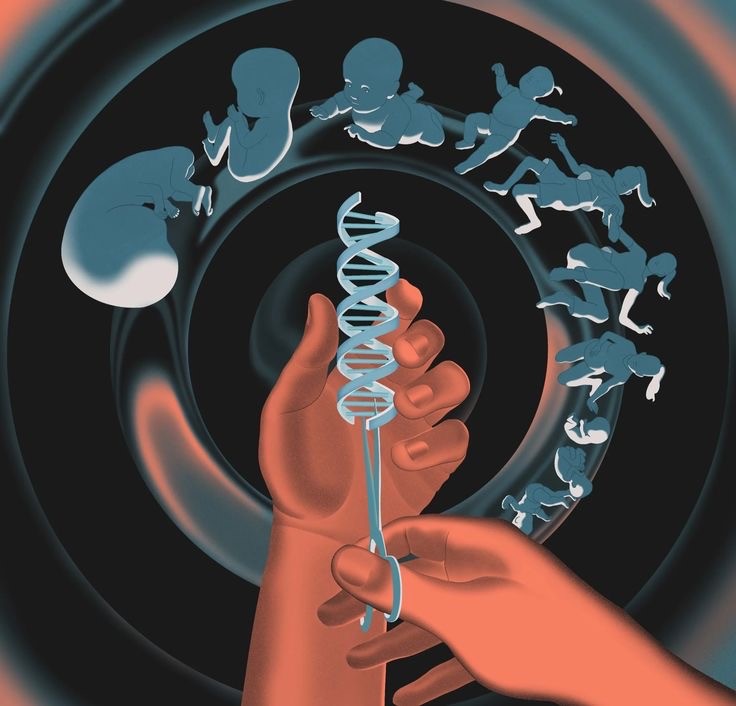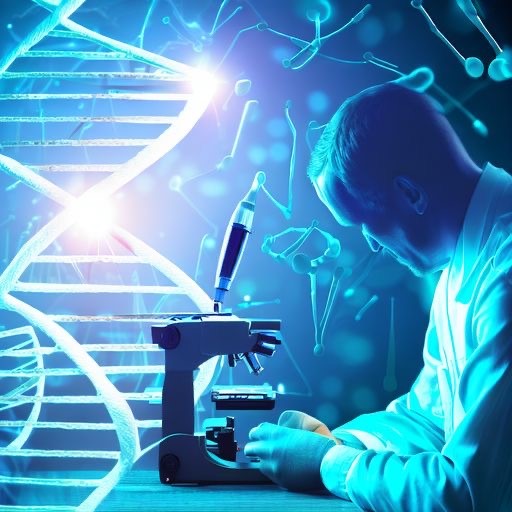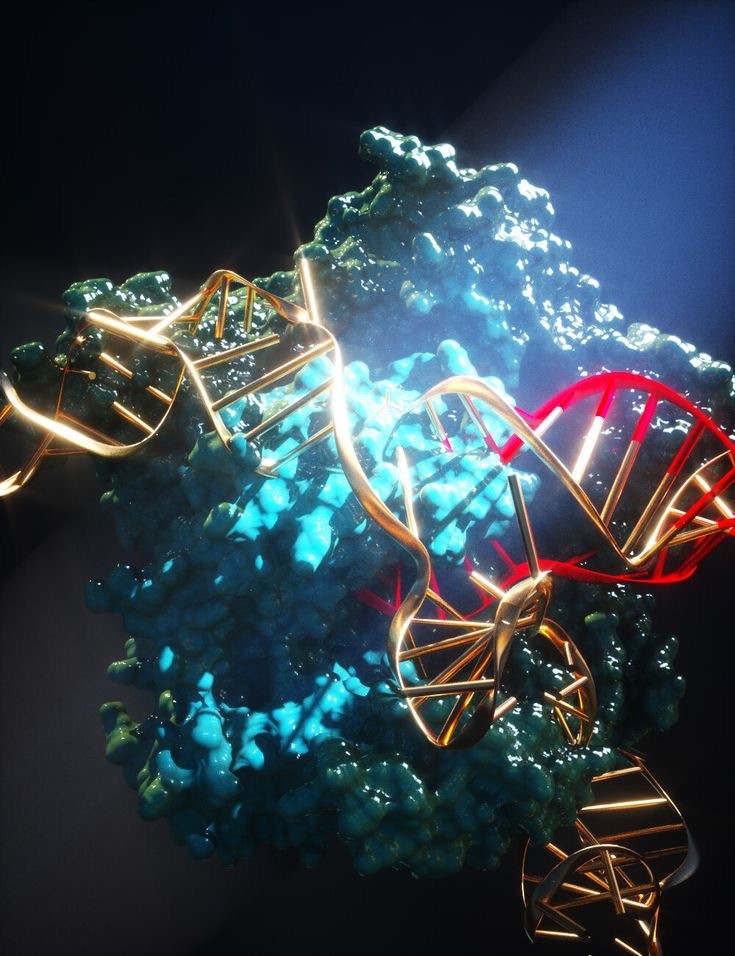Gene editing technologies like CRISPR-Cas9 have revolutionised the field of genetics, offering the tantalising possibility of altering the human genome. This newfound power, however, raises profound ethical questions that demand careful consideration.
For medicinal advancements, gene editing has enormous potential. Potential benefits include improving human health and curing genetic illnesses as well as curing hereditary ailments. However, because there are so many and such a wide range of ethical consequences, we must proceed with caution as we explore this genetic frontier.
One major issue is the idea of “playing god.” It suggests a degree of power over life that some find unsettling to alter the genetic makeup of a person or a population. According to critics, we shouldn’t meddle with the fundamental characteristics of what it means to be human and instead should follow nature’s design.

The possibility of unexpected effects also looms large. Although gene editing can target particular genes, off-target consequences are still a major obstacle. If these unanticipated changes don’t offset the hazards, they could cause unexpected health issues and moral conundrums.
Access and equity are also very important ethical factors. There is a chance that when gene editing technologies develop, they will only be available to the affluent. Will access to genetic modifications be restricted to the wealthy, resulting in a genetic division in society? To prevent escalating already-existing inequities, it is essential to ensure equitable distribution and access.
The ethical dilemma of augmentation is another issue. While gene editing may first be used to treat diseases, the temptation to improve physical and mental qualities may become too great to resist. What is the difference between therapy and improvement? It’s difficult to determine what is morally appropriate in this situation.

The issues of autonomy and consent also come up. Ethical conundrums emerge in situations involving gene editing of embryos or people who are unable to give informed permission. Future generational decisions must be made by parents or guardians within a strong ethical framework.
One of the most contentious ethical debates is the alteration of the human germline. Editing the genes of embryos or germline cells means that changes will be passed down to future generations. This raises ethical questions about intergenerational consequences and the idea of “designer babies.” How much control should we have over the genetic traits of our descendants?
To solve these issues, ethical standards and laws are crucial. Strict laws governing gene editing have already been put in place in many nations, particularly when it comes to germline editing.

To prevent scenarios where nations with permissive standards become into centres for genetic testing, international collaboration is essential.
Balancing the potential benefits of gene editing with ethical considerations requires ongoing dialogue among scientists, ethicists, policymakers, and the general public. Transparency and inclusivity in decision-making processes are essential to ensure that a wide range of perspectives is considered.
The ethics of gene editing are a complex web of considerations. While the potential for medical advancements is undeniable, we must proceed with caution and a strong ethical compass. Respect for human dignity, equitable access, and thoughtful regulation are essential to navigate this uncharted territory responsibly. As we unlock the power to alter the human genome, we must also nurture a sense of responsibility to ensure that we use this knowledge for the betterment of humanity while safeguarding our fundamental values.
Sources
- https://www.ncbi.nlm.nih.gov/pmc/articles/PMC9793437/#:~:text=From%20a%20philosophical%20and%20theological,possible%20effects%20on%20future%20generations.
- https://medlineplus.gov/genetics/understanding/therapy/ethics/
- https://www.who.int/health-topics/human-genome-editing
- https://www.npr.org/sections/health-shots/2023/03/06/1158705095/genome-summit-gene-editing-ethics-crspr




